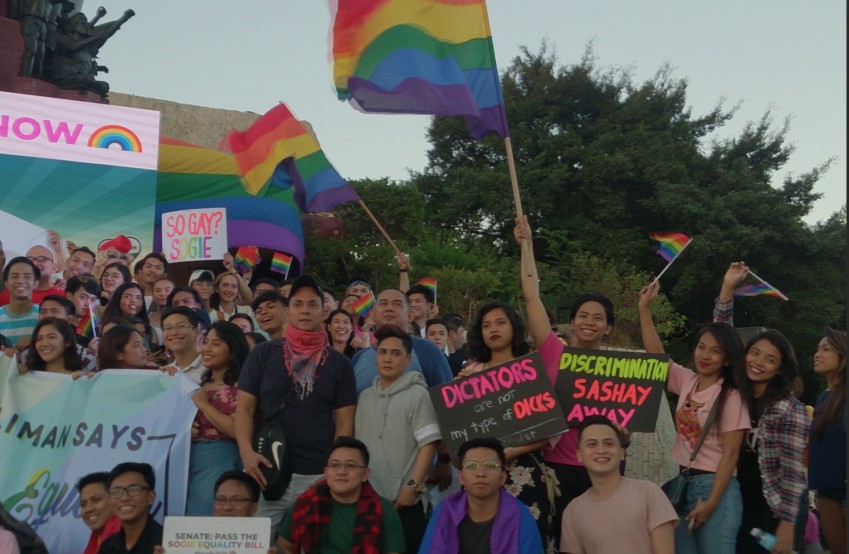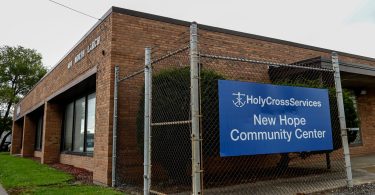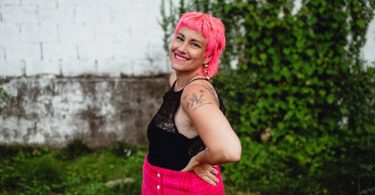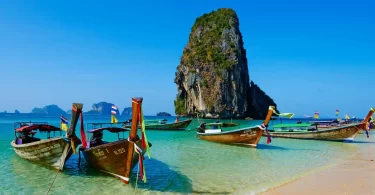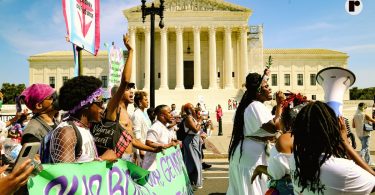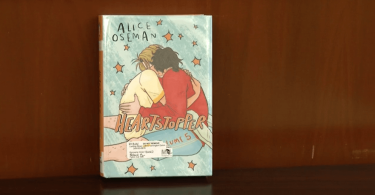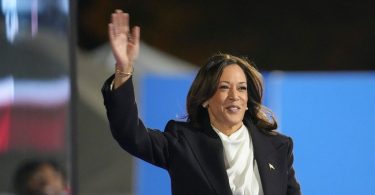Some of the many protestors at the SOGIE Equality Bill rally in Quezon City. | Photo: Twitter/@tomasinoweb
Enrico Gaveglia is the Deputy Country Director for UNDP Philippines.
The Legal Gender Recognition in the Philippines: A Legal and Policy Review produced as part of UNDP’s Being LGBTI in Asia Programme is a one of those milestone knowledge product worth holding in your hand a bit longer before finding its way to the office bookshelf.
The report is a result of a series of consultations involving the LGBTI community, and key stakeholders from government, civil society organizations, along with human rights groups.
Being LGBTI in the Philippines
LGBTI people suffer from various forms of discrimination and inequality in the workplace, education setting and public spaces.
It is the lack of legal gender recognition, especially for transgender people, which translates often to poverty and unemployment, limited access to basic social services and increasing vulnerability to all sort of gender-based violence stigma and discrimination.
Efforts to address the legal protection matter and recognition is anchored on international human rights instruments and international conventions, of which the Philippines is a signatory, such as the Universal Declaration of Human Rights, the International Covenant on Economic, Social, and Cultural Rights, the International Covenant on Civil and Political Rights, and the Convention on the Elimination of All Forms of Discrimination Against Women.
These instruments seek to address all forms of discrimination, call for the promotion and protection of the rights of people with diverse sexual orientation, gender identity, and expression (SOGIE), and uphold dignity, human rights, and gender equality for all including LGBTI.
Legal frameworks
In truth in the Philippines, the country’s legal framework offers an enabling environment to address gender-based concerns, discrimination, and inequality.
Landmark laws, such as the Magna Carta of Women, recognizes SOGIE as an important sector of society, which deserves the protection from all forms of violence and discrimination. House Bill 4982 or the Sexual Orientation and Gender Identity and Expression Equality Bill and the Comprehensive Anti-Discrimination Bill, all seek to define, prohibit, and penalize situations and practices of discrimination as well as promote and protect the rights of LGBTI.
Slowly, but surely change is coming
At the local level, some 25 local government units including 18 cities, the municipality of San Julian in Eastern Samar, 3 barangays and 6 provinces, have all issued anti-discrimination ordinances in recognition of the need to ensure protection and access to basic services among LGBTI in their respective localities. These numbers are expected to grow as more local government units recognize the need to adopt an enabling policy that advances the rights of LGBTI in the Philippines.
What comes next?
The report presents specific recommendations and suggested actions that will promote legal gender recognition and human rights for transgender people in the Philippines and facilitate an enabling environment that allows transgender people to access education, employment, health, other public services and fully participate in society.
The review aims at enhancing new platforms for asserting transgender rights and it is hoped that could open doors for more enhanced collaboration among the various sectors.
UNDP has been working closely with Philippines Commission on Human Rights since early 2000 pushing an agenda that nurtures the culture of human rights, empowering citizens and claim holders to participate in human rights-related initiatives strengthening the human rights infrastructure to support the duty bearers to perform their mandates effectively.
“Openness may not completely disarm prejudice, but it’s a good place to start” and, while “we may face set back at times, thinking there will not be a magic day when we wake up and it is now okay to express publicly”; you can bet on UNDP commitment to support the most vulnerable by doing things publicly “until it is simply the way things are”.
This piece was first published on the UNDP website and has been republished here with permission.

